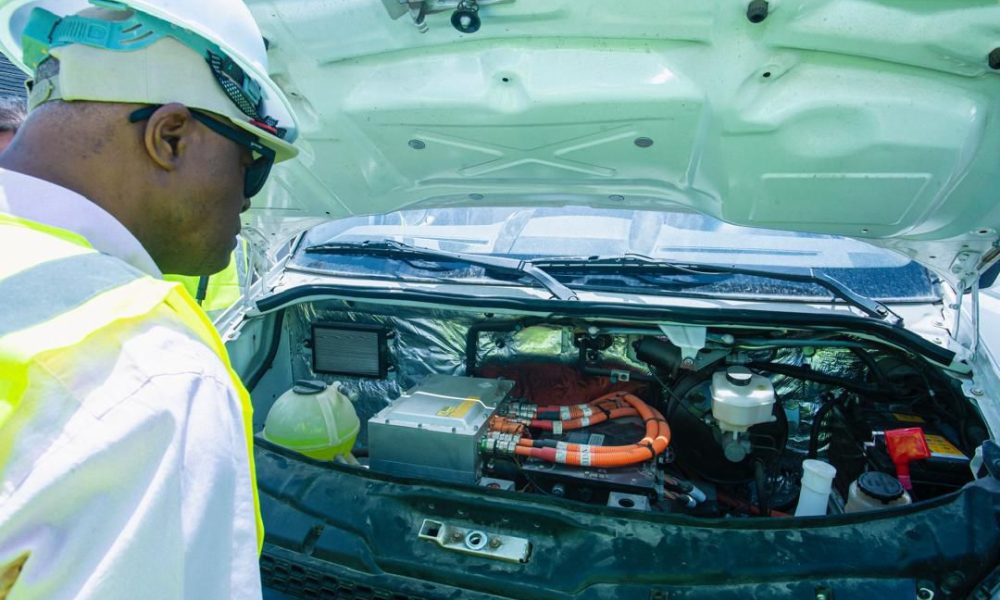News
Tinubu bans purchase of petrol-dependent vehicles, orders use of CNG-powered automobile

President Bola Tinubu has directed the mandatory purchase of compressed-natural-gas-powered vehicles by all government ministries, departments, and agencies.
The President said the directive is in furtherance of country’s effort to transition to cleaner energy as CNG-enabled vehicles have been adjudge to produce lower emissions, even as they present a more affordable alternative for Nigerian energy consumers.
Recently, the Minister of Finance Wale Edun took a tour of the factory where the CNG vehicles were being put together and promised that the vehicles will soon be rolled out.
The Minister also said the benefits of the vehicles will soon be available to Nigerians.
EFCC to arraign Sirika, brother Tuesday
After Daily Trust report, renovation commences at federal secretariat
However, addressing members of the Federal Executive Council (FEC) at the State House on Monday, Tinubu affirmed that there is no turning back in the energy reforms initiated by his administration.
He said the move was also in ine with his administration’s commitment to ensure energy security, drive utility, and cut high fuel costs.
According to the President, “This nation will not progress forward if we continue to dance on the same spot. We have the will to drive the implementation of CNG adoption across the country, and we must set the example as public officials in leading the way to that prosperous future that we are working to achieve for our people. It starts with us, and in seeing that we are serious, Nigerians will follow our lead,” the President said.
Tinubu further directed the rejection of all memos brought by members of FEC seeking the purchase of traditional petrol-dependent vehicles, tasking the affected members of the council to go back and diligently seek value-driven procurements of CNG-compliant vehicles.
He promised to remain committed to effectively harnessing the nation’s gas potential, alleviating the burden of high transportation costs on the masses while enhancing the standard of living of all Nigerians.